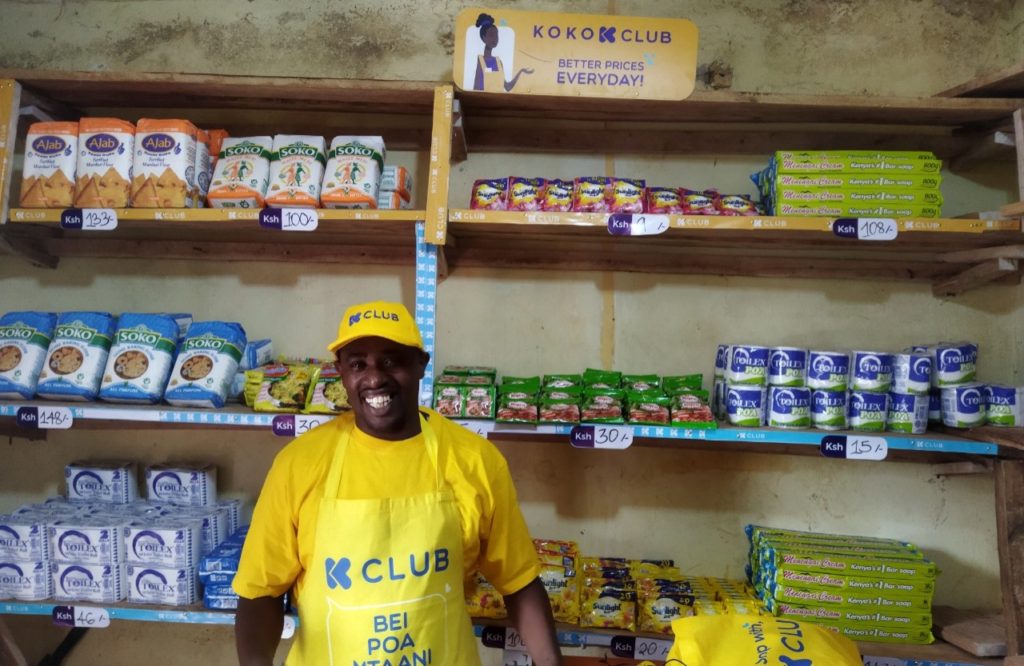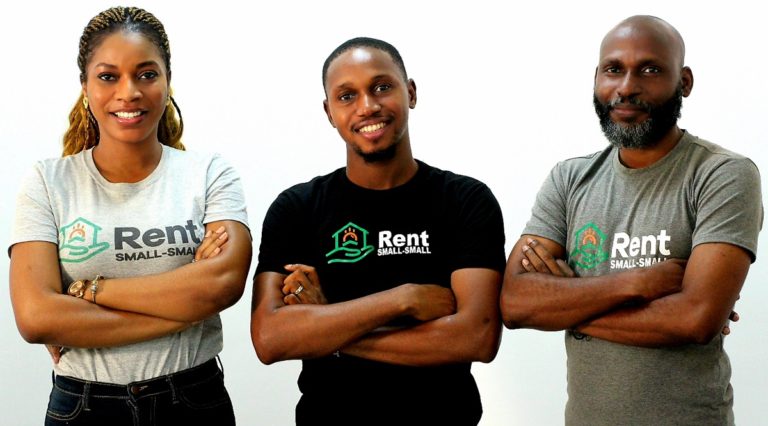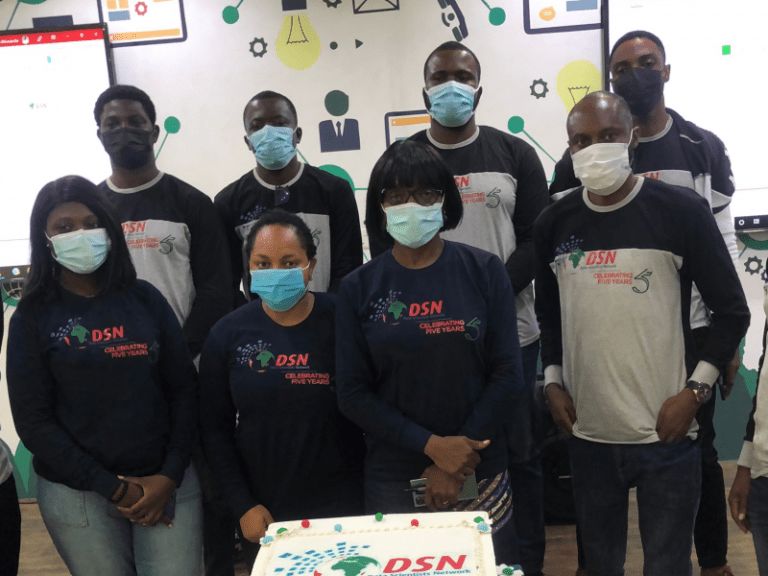Koko Networks, a biofuel startup led by technology, has launched a new consumer goods business in Kenya

Koko Networks, a Kenya-based bio-fuel technology company, has expanded its business to include other fast-moving consumer goods via a new technology platform that will leverage its established distribution networks in low-income neighborhoods.
Koko Club, the company’s new business line, sells the products directly to consumers through the dukas (small shops) that currently serve as agents for the company’s bio-ethanol cooking fuel and stoves.
Koko Club products will only be sold to registered Koko Club members and will be displayed in designated areas within the agents’ small shops.
The shop owners (agents) use Koko’s PoS system to sign up customers, collect their biodata, and issue them with an electronic card that they can use to purchase products from any Koko Club shop.
The customer cards are linked to an e-wallet, similar to the one used to buy Koko’s bio-fuel, and can be topped up using mobile money and other technologies.
Koko Club sources products directly from manufacturers and manages inventory via a real-time management system that prevents stockouts while also providing accurate market analytics.
With 35 SKUs in its portfolio, Koko Club is initially keeping product prices competitive by shortening supply chains from manufacturer to consumer.
“We are focusing on low-income households by providing them with better products, lower prices, and convenience.” This is in addition to ensuring that we always have the right product assortment,” Koko Networks co-founder and chief innovation officer Sagun Saxena told TechCrunch. Greg Murray is the other co-founder and CEO of the company.

Micro-retail outlets, which account for 80 percent of household retail trade in Sub-Saharan Africa, are critical for supplying consumers with groceries and other household items.
These informal retailers are typically located within walking distance of shoppers, making them convenient, with the added benefit of extending credit lines to loyal buyers.
As they account for the vast majority of trade in the retail sector across the continent, the contributions of these informal merchants to economies cannot be overlooked.
These shops, on the other hand, face ongoing challenges such as stockouts, fluctuating earnings, and insufficient financing, making it difficult for them to expand.
These are some of the gaps that Koko Club intends to fill, particularly with regard to stockouts, given that the agents do not require capital to restock.
Modernizing informal trade is seen as one strategy for increasing credit and the potential of these small micro-retail outlets, as well as improving the lives of small business owners. According to Saxena, the Koko Club business model provides manufacturers with direct access to this market segment.
“Many of these manufacturers have armies of people who go into the neighborhoods to ensure that their products are properly positioned and that these stores are styled.” “They even need people out there figuring out what prices the retailers are selling at,” he added.
“So, we take care of a lot of that for them; we can tell them right now how many of their products are there, how much they cost, and all that kind of stuff.”
The Koko Club concept was conceived in the middle of 2020, but it wasn’t until the beginning of this year that the startup launched, riding on the success of its bioethanol fuel business, which was unveiled in 2019 as a cleaner, cheaper, and safer alternative to charcoal and fuelwood.
Koko’s bioethanol fuel and stove (made in Koko’s plant in India) are now used by over 300,000 households, up from around 100,000 in March of this year. These households will be served by the over 1,000 agents who will now also act as Koko Club agents.
Following a recent launch in the coastal city of Mombasa, the Koko fuel business has expanded beyond Kenya’s capital Nairobi in just over two years, with plans to enter Nakuru and Kisumu in the first half of 2022.






